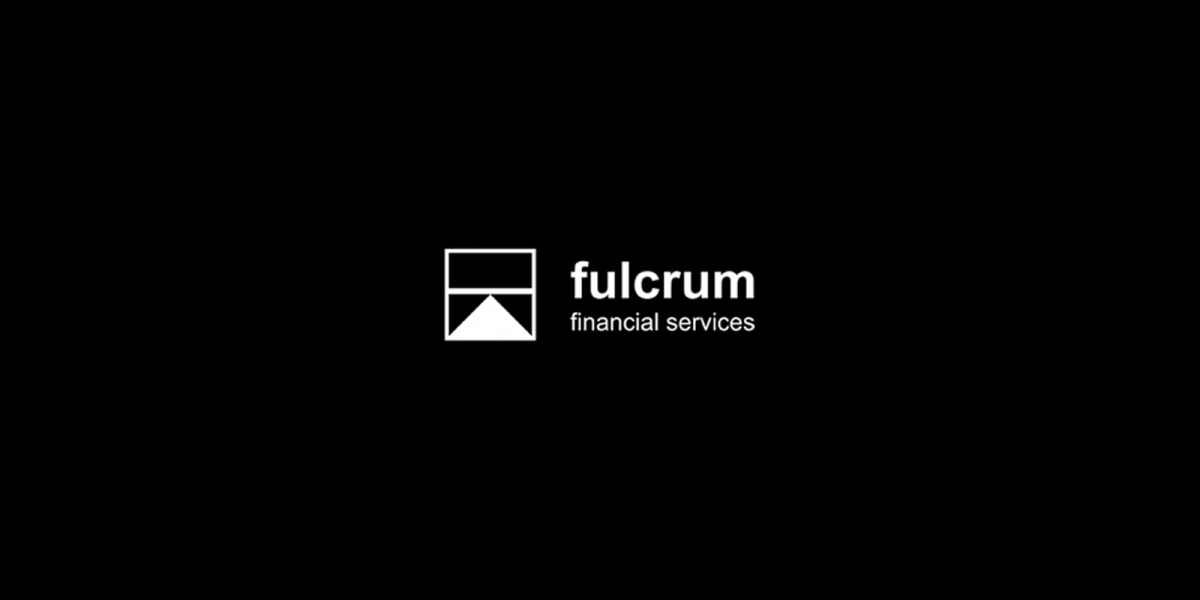Partner Q&A – Fulcrum Financial Services

Can you tell us a little about Fulcrum Financial Services?
We are a small local fund that invests exclusively in the startup community of central North Carolina. Mostly we focus our attention on prospects in the Research Triangle, but in exceptional cases, we have ventured as far as the Triad. Historically we have invested in companies spun out from our local universities, but we found over time that our deal flow sources were not providing adequate racial, ethnic, or gender leadership representation in our portfolio. We decided to make a concerted shift towards focusing more on companies run by founders from underrepresented communities.
In a world with very limited or no in-person events for the past year+, have you changed how you are finding interesting companies to speak with and if so, what are the ways you are now building the funnel?
Fulcrum has traditionally sourced its investments by observing the local community through personal contacts, news outlets, and of course, our relationship with the CED. Going virtual certainly created some initial bumps in the road, but fortunately, we were very comfortable working remotely, and we found our footing and adjusted quickly enough. Due diligence has been more of an issue, but we hope that the recent increase in vaccine uptake will make it easier for us to resume site visits soon. Startups that don’t adequately encourage their staff to get vaccinated will, I think, have a hard time attracting financing from some quarters.
What sectors or themes are you all most excited to invest in right now and in the near future?
Before the pandemic, we had begun thinking seriously about how we could shift the focus of our fund to direct more investment towards women and minority entrepreneurs. While venture investors (ourselves included) have long been aware of our failure as an industry to invest in women and minority-owned businesses, little has been done to rectify the situation. The pandemic further exposed the heightened impact that historically unbalanced resource allocation has had on women and persons of color. Add to that the social unrest caused by decades of abuse and neglect directed toward the black community, and we felt that a major pivot was required by our fund if we were going to be true to our mission of investing towards a better future. So now we are most excited to be investing in women, and minority-owned businesses, with a goal of at least doing our part to help address some of those historical inequities.
Tell us a little more about your shift to early stage funding for companies. Do you see a gap that should be addressed?
As part of our pivot, we broadened the criteria for the types of businesses we would look at and started considering earlier-stage companies. Underrepresented founders, by definition, have limited access to the capital necessary to grow their enterprises to a level where, in the recent past, we would have considered them for investment. By shifting our focus to earlier stages of development, we hope to help some founders through the gap between friends & family/angel rounds and into venture-backed Series A rounds and beyond.
Have you had any success forming syndicates with like minded funds?
We have talked with several funds that have expressed interest in addressing the historical legacy of discrimination and neglect by the venture community. I hope we have more success in this area in the future because it is always difficult to turn away a promising founder with a vision you believe in because she or he cannot raise enough capital to fund a viable round. We are always looking for investment partners who are willing to take a chance on underrepresented founders. If any of your readers would like to talk to us about opportunities to collaborate, we would welcome their calls.
What’s the biggest value-add for Fulcrum to partner with CED?
The CED has been an invaluable source of contacts and information for many of the companies we have invested in and look to invest in in the future. More than just an information broker, the CED has helped some of our portfolio companies learn the entrepreneurial ropes and navigate the complexities of a first-time fundraise. The CED is a great resource that we are lucky to have headquartered in our own backyard.
As a CED partner, you not only help to sustain CED, but you drive our mission forward — connecting entrepreneurial companies with the resources that will accelerate their growth. We put your expertise to work supporting companies that are growing and scaling in our region.
Let’s Work Together
We want to get to know you. Please reach out to learn more about us, learn more about being a CED Partner, and how we can help you become a valuable resource in the Entrepreneurial Community, today.



